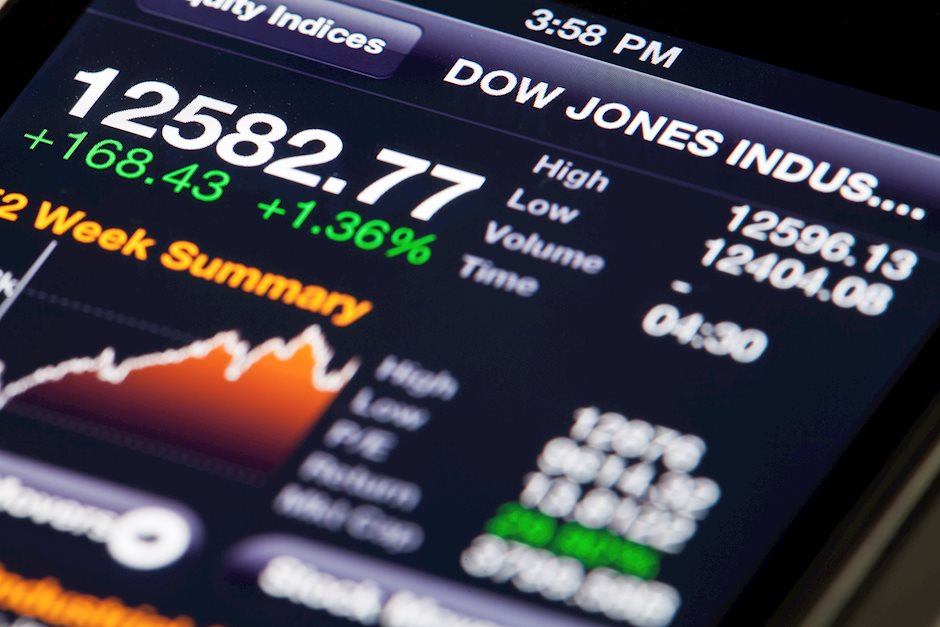Stock buybacks – Why do companies buy back their own stock?

Microsoft (NASDAQ: MSFT) announced on 15/09/2021 that it would spend US $60 billion buying its own stock. As of writing, MSFT is trading at US ~$300.00 per share, which means Microsoft will be buying approximately 200 million shares and removing them from public circulation. Indeed, 200 million is only 2% of the total 7.51 billion MSFT shares available. As such, immediately after the announcement on Wednesday, MSFT share price rose a corresponding percentage.
Microsoft is far from the only company that participates in stock buybacks. In fact, they have become a relatively common occurrence over the past decade and are increasing in popularity. Apple (NASDAQ: AAPL), Amazon (NASDAQ: AMZN), and Alphabet (NASDAQ: GOOGL) have all purchased back large swaths of their own stock in the past few years. Apple has been one of the most aggressive in this respect, buying shares of AAPL at a total cost of US $77 billion since 2019.
Why do companies buy back their own stock?
Stock buybacks keeps share holder happy
For one, stock buybacks allow companies an easy path to increase shareholder value. If a company is to invest the money in Research and Development, there is no guarantee that a new product or service will eventuate, improving the company’s performance. Stock buybacks are a relatively risk-free method to keep shareholders happy.
Think of it this way: Imagine there are 1 million public shares of Company XYZ. Each share is currently worth US $1,000. In this example, Company XYZ would have a market capitalisation of US$1 billion (share price x total number of shares).
Company XYZ then proceeds to repurchase half the number of public shares via a share repurchase plan and removes them from general circulation (imagine that these shares are burnt and no longer exist). Consequently, there are now only 500,000 shares left to be traded or held by the public.
After this event, What will happen to the per-share price? The company’s market capitalisation hasn’t changed, as the business fundamentals are irrelevant to the share repurchase. The company should still be worth the same $1 billion value. Thus, each share should now be worth US $2,000, and shareholder value has increased 100%.
Increase dividends < Stock buybacks?
Buying back stock is a more straightforward and sustainable way to return value to investors than increasing dividend payments. Stock buybacks are more sustainable as there is no expectation for them to continue every quarter. Whereas a dividend payment, inflated in one quarter with cash on hand, may put a strain on cash reserves/flow in future quarters and ultimately putting off investors when the dividend is revised down.
Removing shares from circulation via share purchase plans also reduces the company’s long-term cost of equity. Essentially, the fewer shares there are, the less money a company has to pay out in dividends moving forward..
Shattering the Altruistic illusion of stock buybacks
Stock buybacks are not just for the good of public shareholders. Many publicly listed companies’ top brass benefit from the increased stock price value, directly and indirectly.
Directly, company directors and such will most likely hold stock or stock options of the company for which they work.
Indirectly, the remuneration received by some company executives can be determined by the increase or decrease of the company’s stock price during their directorships. For example, Apple’s CEO, Tim Cook was paid a bonus of US $750 million in August 2021, in part, for APPL shares rising 190% since mid-2018, while outperforming the S&P 500 index. The performance of AAPL certainly owes a great deal of gratitude to the more than US $77 billion in stock buybacks that Apple made over this time.
Premium
You have reached your limit of 3 free articles for this month.
Start your subscription and get access to all our original articles.
Author

Mark O’Donnell
Blackbull Markets Limited
Mark O’Donnell is a Research Analyst with BlackBull Markets in Auckland, New Zealand.


















